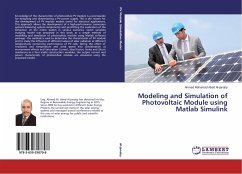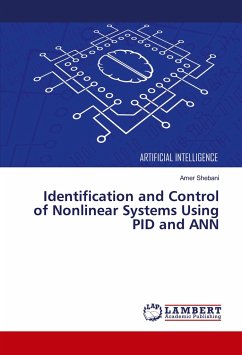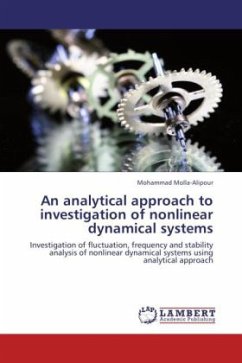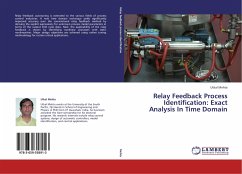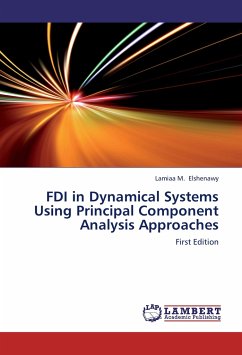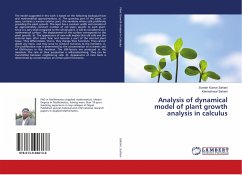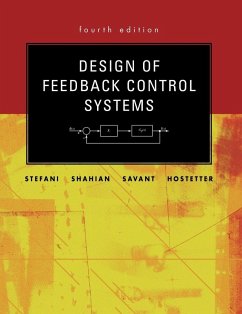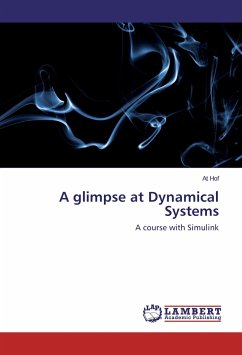
A glimpse at Dynamical Systems
A course with Simulink
Versandkostenfrei!
Versandfertig in 6-10 Tagen
33,99 €
inkl. MwSt.

PAYBACK Punkte
17 °P sammeln!
'Dynamical systems' denotes roughly the study of phenomena that change with time. Such phenomena are to be found in many disciplines, and comprise population dynamics in biology, economic processes, pharmacodynamics, electrical circuits, chemical processes etc. etc. The approach will be of use to students or graduates in biology, biomedical sciences, psychology and other social sciences. Students of engineering may use it as a first introduction. In this book we will use the mathematics program Matlab and the related toolbox Simulink. The starting level is at high-school level of mathematics (...
'Dynamical systems' denotes roughly the study of phenomena that change with time. Such phenomena are to be found in many disciplines, and comprise population dynamics in biology, economic processes, pharmacodynamics, electrical circuits, chemical processes etc. etc. The approach will be of use to students or graduates in biology, biomedical sciences, psychology and other social sciences. Students of engineering may use it as a first introduction. In this book we will use the mathematics program Matlab and the related toolbox Simulink. The starting level is at high-school level of mathematics (algebra, differential and integral calculus). Some Appendices are added to explain non-elementary mathematics. The approach is experimental: first a practical exercise is done in Simulink and only afterward the theory behind the problem will follow. The aims of the course are to get a working knowledge of Simulink, of dynamic systems theory, and of some more advanced functions of Matlab. Thesubjects include: linear systems, the concept of state; the Laplace transform, transfer functions; systems with feedback; system identification; non-linear systems, fixed points, limit cycles, chaos.



